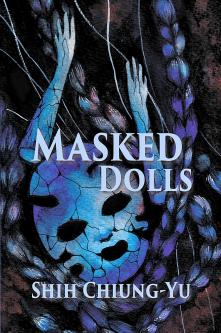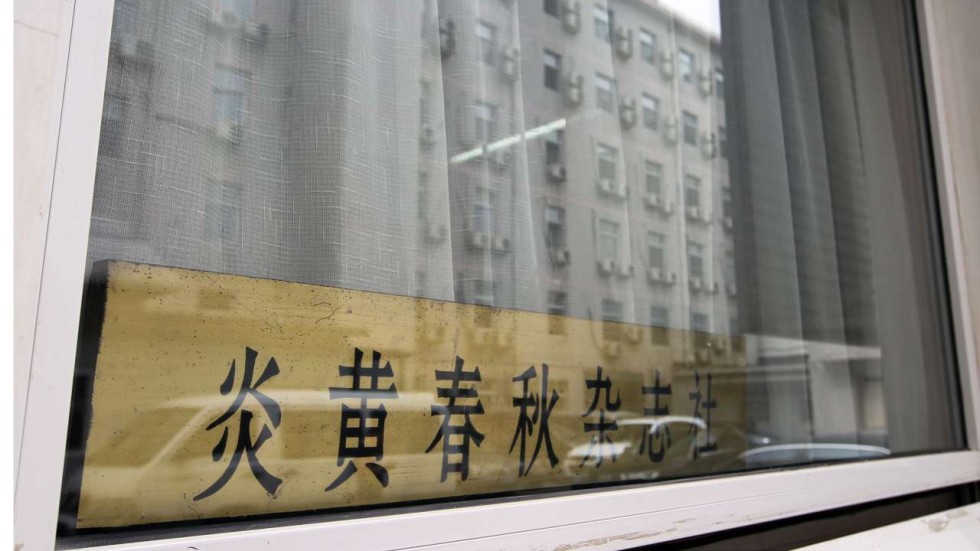Dear all,
Please see the Call for Papers below for a roundtable we are proposing for next year’s AAS conference in Toronto. And apologies for the rather tight deadline – 3 August!
Gerda Wielander and Sarah Dauncey
Chinese Women Intellectuals and China’s Academia
There is no mentioning of gender equality in China without quoting the old Mao adage of women holding up half the sky. Where Chinese academia is concerned, however, it is more the case of women holding up the ceiling on top of which male academics may bask in the sunlight. Women remain in the shadow, more often than not sitting at women only tables at conferences and conducting research to which their male superiors put their names. Junior researchers are denied the same chances as their male colleagues. Women academics are often confined to clerical work; they are rarely leaders of departments or Deans. Subjects like politics or international relations, finance or economics are often entirely male dominated – a trend that is starting to be reproduced at international conferences on China studies. Continue reading Chinese women intellectuals–cfp






